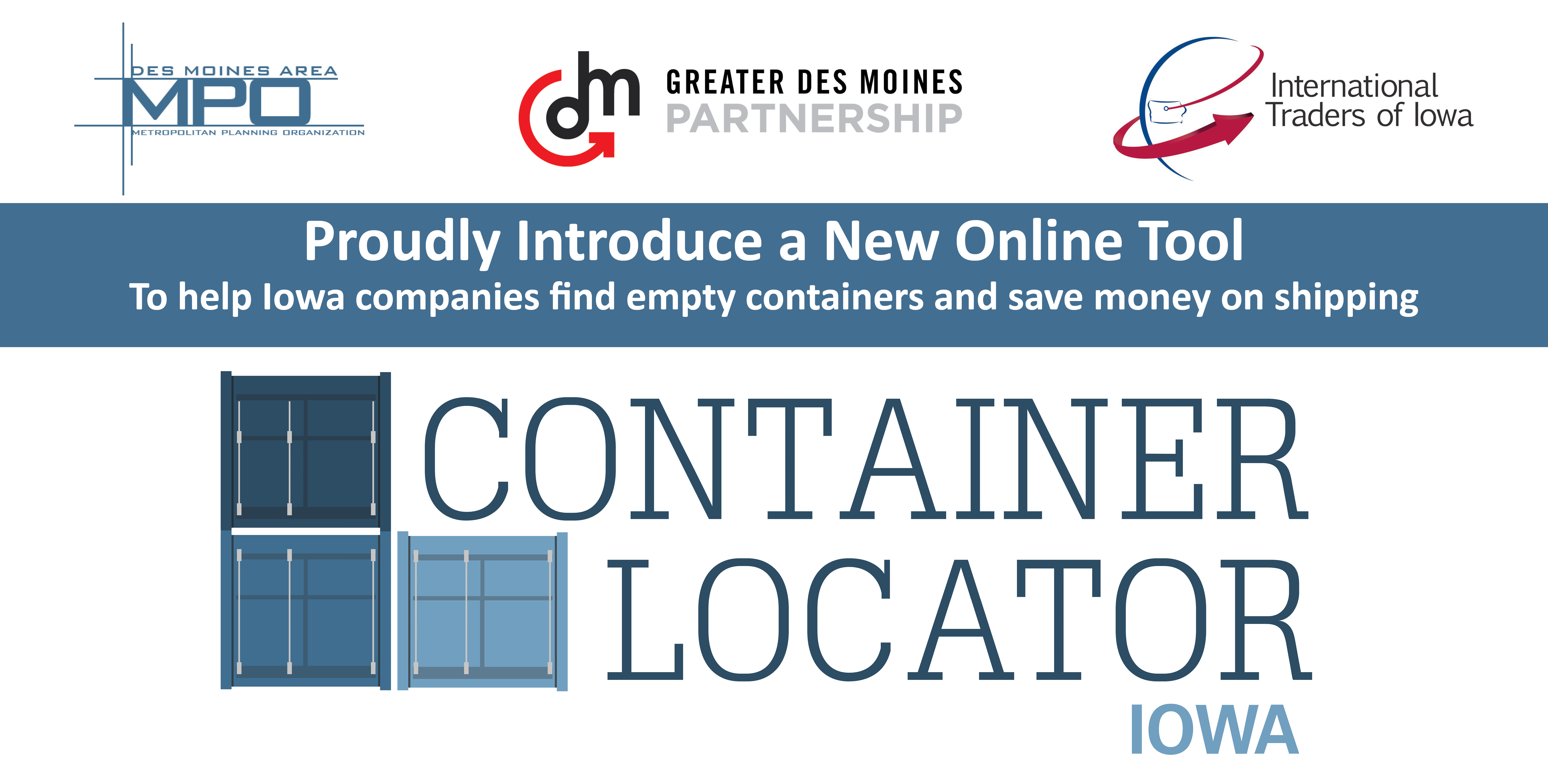
Container Locator is a web tool designed to improve the efficiency of the intermodal freight transportation network, lower costs of shipping by intermodal container, and ultimately benefit the end consumer by lowering the costs of delivering goods.
Click here to visit the site: containerlocator.com
Explainer Animation
How it works
Container Locator tracks relevant information about intermodal containers, including their origin, capacity, destination, and shipping company. This information is beneficial to shippers and the industries they serve, such as retailers, wholesalers and manufacturers. The information is especially valuable in places that import more goods than they export – where many containers come in full but leave empty.
For example, let’s say a company has a shipment ready to be delivered. Rather than paying to haul in an empty container, the company could use Container Tracker to find an empty container that is already nearby. The company could then negotiate with the shipper to utilize the container that would otherwise return empty.
This has the potential to be a win-win-win. The companies shipping goods can negotiate lower shipping costs. The shipper can increase revenue by filling containers that would otherwise be transported empty. And the end consumer stands to benefit from the overall lower cost of goods delivery.
Started in Iowa
The idea for the Container Locator was hatched in the spring of 2014 through the Des Moines Area Metropolitan Planning Organization’s Freight Roundtable, which is a forum for stakeholders to present and discuss freight transportation related issues. Freight Roundtable member Tim Woods had noticed that there was no good way to track shipping containers coming into the State of Iowa. Due to Iowa’s unique location of being surrounded by freight hubs such as Chicago, Minneapolis, and Kansas City, and because Iowa is primarily an importer state, there are thousands of containers coming into the state full that are leaving empty.
Looking to solve this issue, the idea was to develop a way for shippers to identify shipping containers coming into the state so that they can be claimed and used, thus increasing shipping efficiency and removing the number of empty containers leaving Iowa. Looking to implement this idea, the CyBIZ Lab in the College of Business at Iowa State University was contacted to determine 1) the feasibility of a website to track shipping containers and 2) then implement the website. Two short years later, this website was finished and is now helping stakeholders utilize empty shipping containers across Iowa.
Acknowledgements
This project wouldn’t have been successful if it weren’t for the help from key stakeholders of the Freight Roundtable. The following should be recognized for their exemplary work and commitment to this project:



